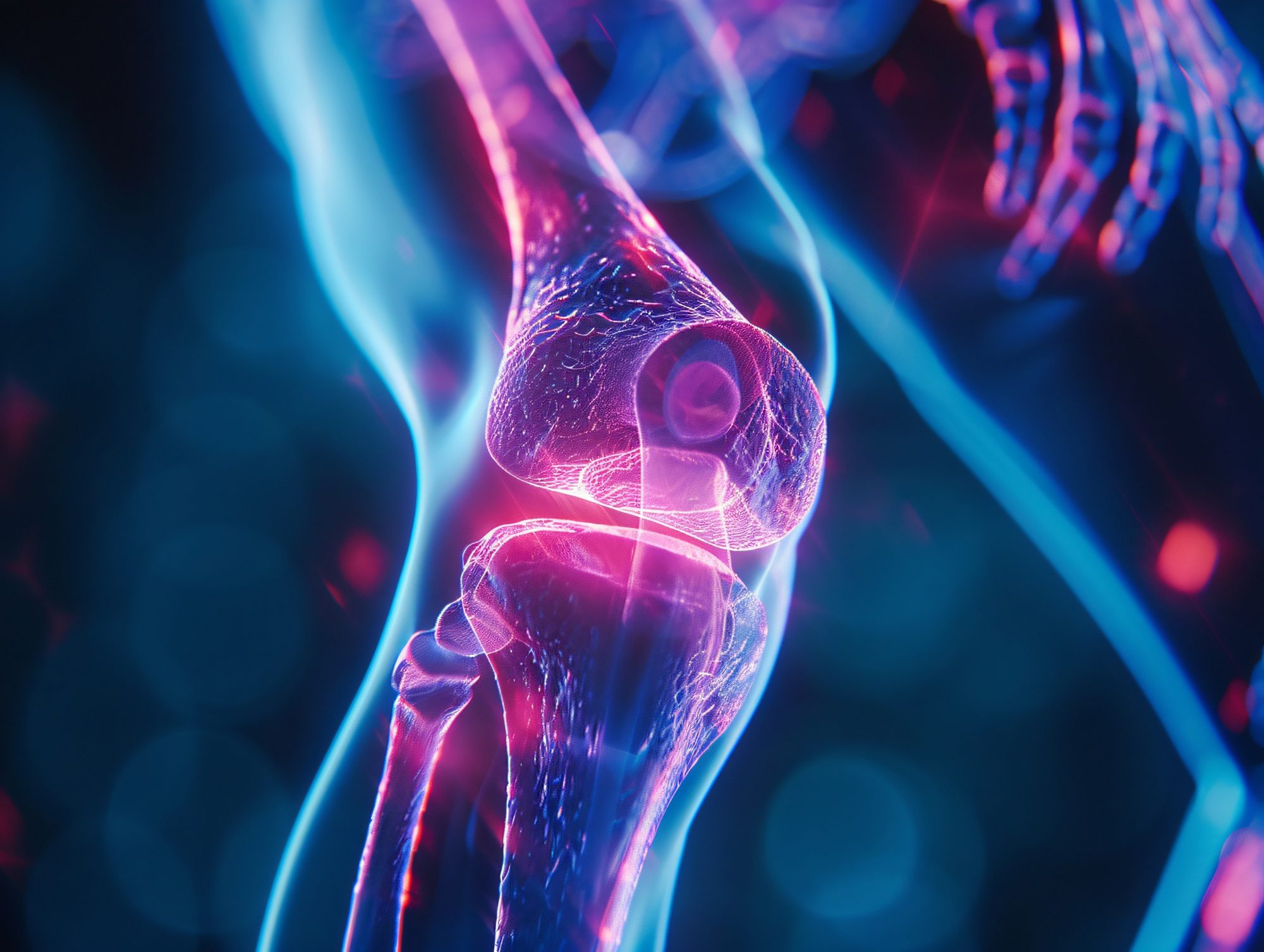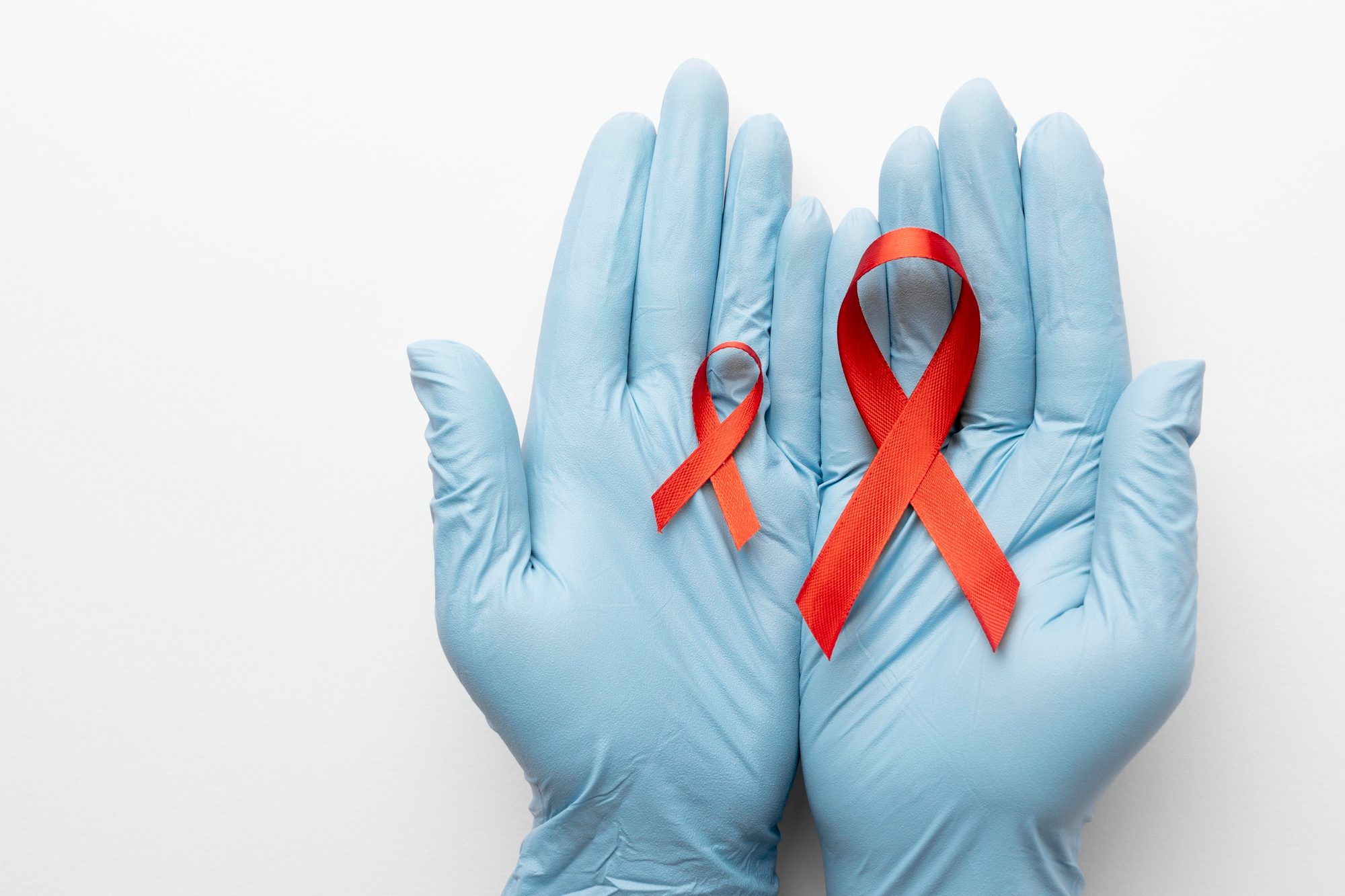- Home
- About Us
- All Clinics
- Diseases
- All Specializations
- Cardiology and cardiac surgery
- Cosmetology and plastic surgery
- Dentistry
- Endocrinology
- Gastroenterology
- Gynecology and obstetrics
- Hematology
- Neurology
- Neurosurgery
- Oncology
- Orthopedics and Traumatology
- Rehabilitation
- Reproductology
- Rheumatology
- Surgery
- Transplantology
- Urology and Nephrology
- Vascular surgery and phlebology
- Special Offers
- Check-up program for men and women
- Check-up program for women 40-64
- Robotic total hip replacement MAKOplasty
- Сancer screening for men
- Сancer screening for women
- Сheck up program for men 40-64
- Robotic total knee replacement MAKOplasty
- Dental Treatment in Turkey
- Rejuvenate joints with stem cells. Advanced treatments in Czech Republic.
- Leading 4th generation CAR-T in China
- News
- Contact
+447700184123











